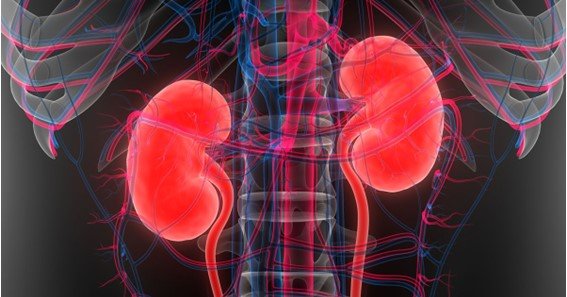Recurrent urinary tract infections (UTIs) are a common concern, especially among women. While they are typically caused by bacterial infections, persistent or frequent UTIs can sometimes indicate more serious underlying health issues, including certain types of cancer. Understanding the connection between recurrent UTIs and cancer is crucial for early detection and effective treatment.
Understanding Urinary Tract Infections
A UTI is an infection in any part of the urinary system, including the kidneys, bladder, ureters, and urethra. Common symptoms include:
- A strong, persistent urge to urinate
- A burning sensation during urination
- Passing frequent, small amounts of urine
- Cloudy or strong-smelling urine
- Pelvic pain, especially in women
Most UTIs are caused by bacteria, with Escherichia coli (E. coli) being the most common culprit. They are typically treated with antibiotics, and most individuals recover without complications.
Recurrent UTIs and Cancer: Is There a Link?
While recurrent UTIs are not a direct cause of cancer, they can be a symptom of underlying malignancies, particularly in the urinary tract. Bladder cancer, for instance, can present with symptoms similar to UTIs, such as painful urination and frequent urination. According to MD Anderson Cancer Center, the symptoms of UTIs and bladder cancer can be very similar, making it challenging to distinguish between the two based solely on symptoms.
Additionally, the Cancer Treatment Centers of America notes that while most people who get frequent UTIs won’t develop bladder cancer, there is a connection between the two. For example, in some parts of the Middle East, high rates of bladder cancer are associated with a parasitic infection involving the bladder called schistosomiasis, which can lead to chronic inflammation and increase cancer risk.
When to Seek Medical Advice
If you experience recurrent UTIs, it’s essential to consult a healthcare professional to rule out any serious underlying conditions. Persistent symptoms that do not improve with standard treatment warrant further investigation. Early detection of potential issues, including cancer, can significantly improve treatment outcomes.
Preventive Measures
To reduce the risk of recurrent UTIs and potential complications:
- Stay hydrated by drinking plenty of water
- Practice good personal hygiene
- Urinate promptly when the need arises
- Avoid irritants such as harsh soaps and feminine hygiene sprays
Implementing these practices can help maintain urinary tract health and reduce the likelihood of infections.
Conclusion
While recurrent UTIs are common and often not a cause for alarm, they can sometimes indicate more serious health issues, including cancer. Being vigilant about your symptoms and seeking medical advice when necessary is crucial for early detection and effective treatment.
FAQ
- Can recurrent UTIs lead to cancer?
- Recurrent UTIs do not cause cancer but can be a symptom of underlying malignancies, particularly in the urinary tract.
- What types of cancer are associated with recurrent UTIs?
- Bladder cancer is most commonly associated with symptoms similar to recurrent UTIs.
- How can I differentiate between a UTI and bladder cancer?
- Both conditions share similar symptoms. If UTI symptoms persist despite treatment, consult a healthcare professional for further evaluation.
- Are there specific risk factors that increase the likelihood of bladder cancer?
- Risk factors include smoking, exposure to certain chemicals, chronic bladder inflammation, and a history of parasitic infections like schistosomiasis.
- What steps can I take to prevent recurrent UTIs?
- Staying hydrated, practicing good hygiene, and avoiding known irritants can help reduce the risk of recurrent UTIs.
Take a look at this interesting piece japanese-evil-names-and-meanings
- Staying hydrated, practicing good hygiene, and avoiding known irritants can help reduce the risk of recurrent UTIs.










